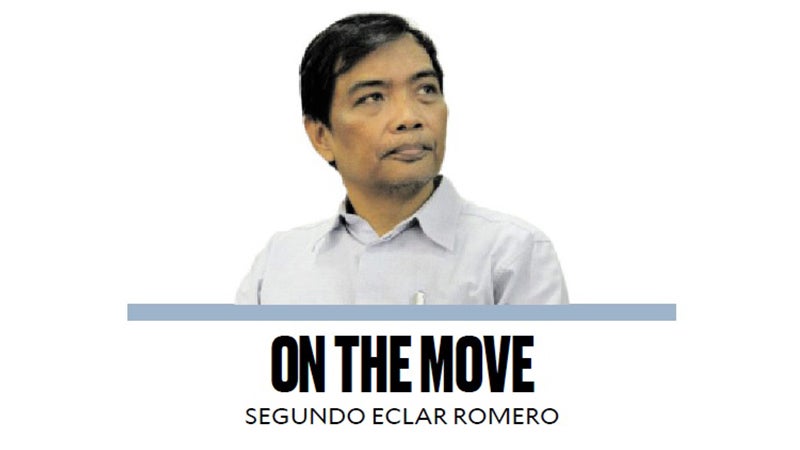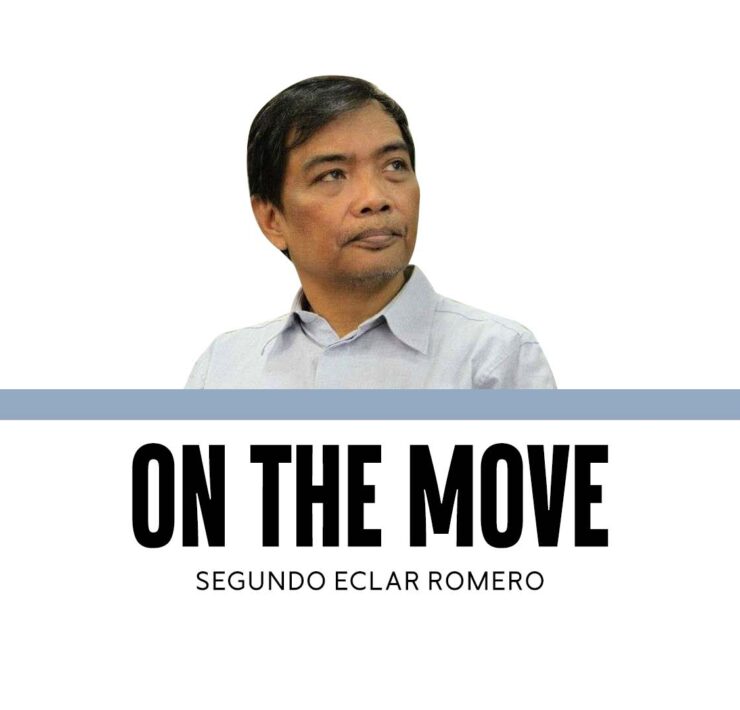The second envelope, again

It is happening again.
Nearly a quarter-century after the Senate refused to open the infamous “second envelope” in former president Joseph Estrada’s impeachment trial—triggering public outrage and the Edsa II uprising—another moment of national judgment looms.
Vice President Sara Duterte has been impeached by an overwhelming 215-member majority in the House of Representatives. The charges are grave: misuse of confidential funds, betrayal of public trust, and even a plot to destabilize the sitting president. Yet, as the Senate dithers over whether it can even conduct a trial—arguing over legalistic wrinkles like whether the 20th Congress can act on a resolution by the 19th—one can almost hear the lid rattling on that second envelope again.
The lifeline of any democracy is not a technicality. It is trust. And that trust is wearing thin.
In January 2001, the refusal to open that second envelope—widely believed to contain evidence of Estrada’s illegal bank accounts—was not just a procedural vote. It was a punch in the gut. The public saw it as the political elite protecting its own. In response, thousands marched in the streets. Edsa II was born not from ideological fervor but from moral revulsion.
Today, if the Senate chooses to withhold or scuttle the trial of the Vice President on grounds of “jurisdictional transition” or some other procedural pretzel logic, it will spark a similar national disillusionment.
Let us be clear: the Filipino people have already spoken. In a recent survey, 68 percent of respondents said Sara Duterte should face trial—not be convicted automatically—just face the music. That’s two-thirds of the electorate saying, let justice run its course.
So what happens if the Senate slams the door on that desire for accountability?
If the trial is canceled, the message is deafening: the powerful still get away with everything. Legal maneuvers will be seen as smoke screens. The law, again, becomes the weapon of the elite to protect their own.
We’ve heard the public’s growing despair: “Bakit pa tayo boboto kung niloloko lang tayo sa dulo? (Why do we even vote if we’re just being deceived in the end?)”
This is not apathy. It is betrayal trauma.
If the Senate refuses to act, what becomes of the people’s representatives in the House who bravely voted to impeach a sitting vice president—a historic first?
What message does it send if 215 lawmakers deliver an official indictment, only for 24 senators to shrug and say, “Sorry, wrong Congress”?
It says Congress is not coequal. It says rules matter more than right. It says the elite will always find a door out of accountability, while the rest of us get stuck in traffic and wait in line.
Trust in the Senate, the Supreme Court, and the constitutional process itself will erode—not overnight, but like rot beneath the floorboards. Quiet. Deadly.
Will people take to the streets? Maybe. But more dangerous is the slow withdrawal from civic life:
Student movements that stop believing in petitions.
Civil society that loses faith in its influence.
Citizens who skip elections, convinced it’s all rigged anyway.
The second envelope moment today may not be an explosion. It may be a long, cold silence—the slow death of democratic engagement.
The impeachment trial is not just about Sara Duterte. It’s about 2025, and 2028.
If she escapes trial through a technicality, and still runs for president, what kind of precedent are we setting? That impeached officials can dodge justice with enough Senate allies and enough procedural smokescreens?
Future elections will be cast under a shadow of illegitimacy. The results may be valid, but the process? Fatally tainted.
Let Vice President Duterte stand trial. Let her defend herself. Let the people watch, weigh, judge.
Even if she is acquitted, the mere act of trial reaffirms one thing: that no one is above accountability, that the Senate is still capable of listening to the people, that we are still a democracy, not just a procedural republic ruled by elite maneuvering.
Because in democratic governance, process is substance. And when the people are denied that process, it is the substance of trust—and the legitimacy of power itself—that is lost.
We have seen this movie before. The envelope is on the table.
The only question is: will the Senate open it, or will history repeat itself with the lights out?


















